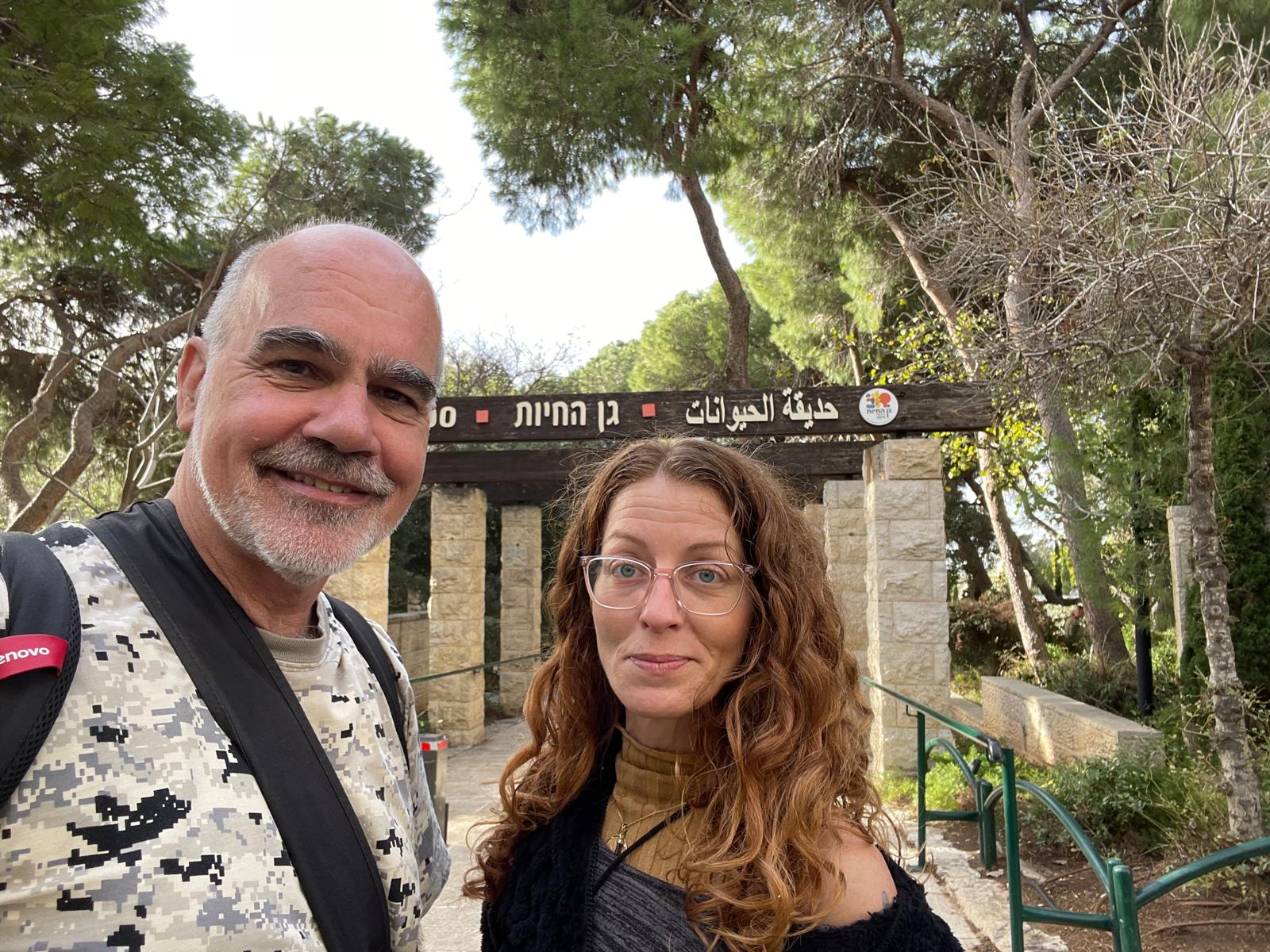The Power of Laughter: How Humor Transforms Hebrew Language Learning

Table of Contents
“If you can make people laugh, you can make them think, and make them like and believe you.” This timeless insight captures something profound about teaching—especially when it comes to language acquisition. As educators, we’re constantly seeking innovative methods to help our students learn how to speak Hebrew for free from anxiety and fear. One of the most powerful yet underutilized tools in our teaching arsenal? Laughter.
Why Humor Matters in Language Learning
When students attempt to learn the Hebrew alphabet online free or tackle any new language, they often face significant psychological barriers. The fear of making mistakes, sounding foolish, or not measuring up can create a stressful learning environment that actually impedes progress. This is where humor becomes transformative.
Research consistently demonstrates that laughter and humor enhance second language learning by creating a positive classroom atmosphere and boosting students’ motivation, memory, and confidence. But how exactly does this work?
The Science Behind the Smiles
Stress Reduction and Anxiety Relief
Learning to read and write Hebrew free from overwhelming stress is crucial for success. The process of acquiring a new language can be intimidating, particularly for students who fear making mistakes. Laughter acts as a natural stress reliever, creating a more relaxed and comfortable learning atmosphere. It helps shy students feel more confident and less afraid to participate, transforming the classroom into a safe space for linguistic exploration.
Enhanced Memory and Retention
One of the most compelling reasons to incorporate humor into your Hebrew teaching is its impact on memory. Laughter triggers the release of dopamine and other feel-good neurotransmitters. This chemical activation aids memory retention by associating information with positive emotions, making content more memorable. Studies show that lessons incorporating humor, particularly content-related humor, lead to significantly better recall of material.
In fact, research on English as a Second Language (ESL) classes found that students in humor-filled environments showed superior retention of difficult material compared to those in traditional classrooms. Imagine applying this principle as students learn Hebrew at home or in your classroom—the potential for improved outcomes is remarkable.
Increased Motivation and Engagement
When students access Hebrew flashcards online or participate in class activities, their engagement level directly impacts their learning success. Humor and fun make the learning process more enjoyable, which boosts intrinsic motivation. When students genuinely enjoy class, they’re more likely to stay engaged and invest the necessary effort to succeed.
The Cognitive Benefits of Humor
Beyond emotional benefits, humor stimulates critical cognitive processes essential for language acquisition:
Creative and Critical Thinking
Humor often relies on wordplay, puns, and unexpected connections. To understand a joke in Hebrew, learners must think creatively and critically, which develops language awareness and comprehension. For example, understanding a Hebrew pun helps students become more attuned to the multiple meanings of words—a crucial skill when you learn Hebrew alphabet online or progress to more advanced materials.
Cultural Context and Authentic Communication
Many jokes are deeply rooted in cultural norms and values. When students learning online in Hebrew are exposed to humor in the target language, they gain valuable insights into Israeli culture, which is essential for achieving true fluency. This cultural competence cannot be taught through grammar drills alone—it requires authentic, contextualized exposure to how native speakers actually use language.
Building Rapport Through Shared Laughter
When teachers and students share laughs, it strengthens their relationship and fosters a sense of community. This dynamic helps break down social barriers, making students feel more at ease and willing to take risks with their language use. A teacher’s appropriate and timely use of humor makes them more approachable, strengthens student relationships, and increases classroom engagement.





















